Milk powder in the garden can do far more than you might expect. Packed with calcium, proteins, and natural sugars, it enriches the soil, strengthens plants, and even keeps fungal diseases away.
Instead of throwing away expired or leftover milk powder, you can turn it into a budget-friendly helper that keeps your plants healthier and your harvests bigger.
Using it is simple too, you can mix it with water to create foliar sprays, soil feeds, or even use it for a quick hand-cleaning trick after a day outdoors.
With just a few scoops, you can transform your garden’s growth and prevent common plant problems. Let’s explore some of the best ways you can make the most of milk powder.
#1 Add More Nutrients to Soil
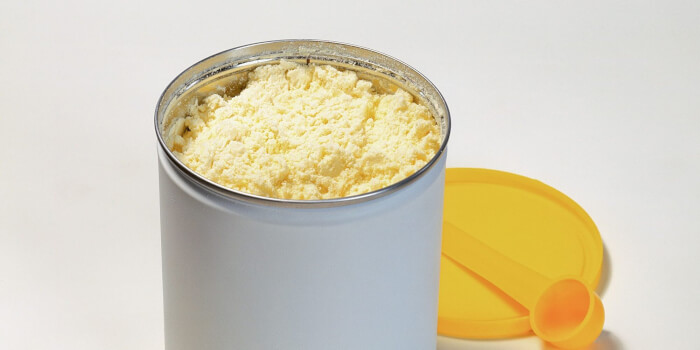
Milk powder is full of amino acids, proteins, and enzymes that improve soil quality. These nutrients help the soil hold moisture better and allow roots to breathe.
To use it, mix one part milk powder with four parts water and pour it around your plants. Apply this solution once every four to five weeks. Over time, you’ll notice richer soil and stronger plant growth.
#2 Calcium Boost For Plants

Plants like tomatoes, lettuce, and broccoli thrive when they get extra calcium. Milk powder provides just that, helping to prevent weak stems and poor fruiting.
To use, sprinkle a light layer around the base of your crops or mix it into water before feeding. Reapply every few weeks during the growing season. This small step can make a big difference in harvest quality.
#3 One Of The Best Natural Remedy For Powdery Mildew
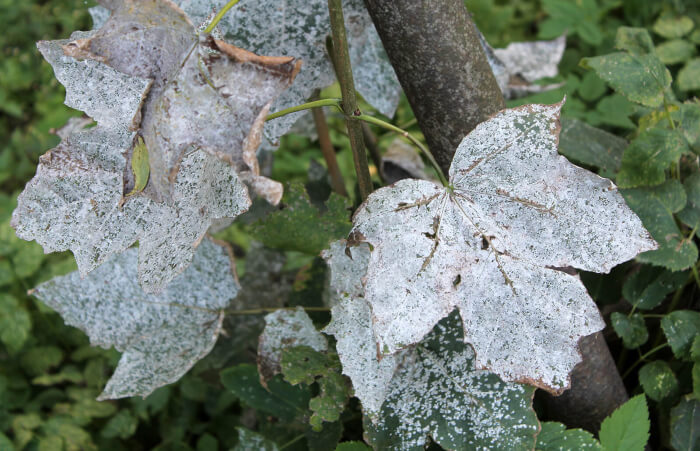
If powdery mildew is showing up on your leaves, milk powder can save the day. Its natural properties help reduce fungal growth and keep plants looking fresh.
Mix one part milk powder with four parts water and pour it into a spray bottle. Mist the affected leaves once a week until the problem improves. It’s a gentle and effective alternative to chemical sprays.
#4 As A Foliar Spray
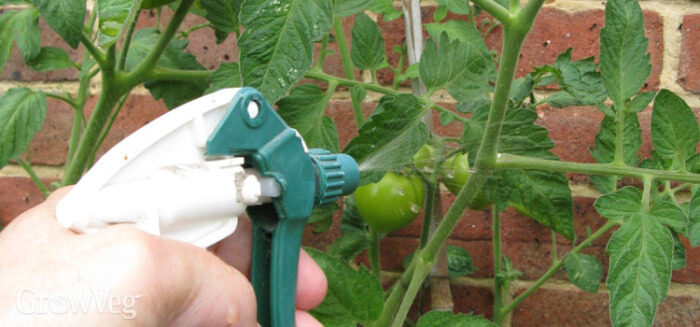
Crops like squash, zucchini, and pumpkins often suffer from powdery mildew. A milk powder foliar spray can help stop it before it spreads. Just combine one part milk powder with four parts water and spray directly on the leaves.
Apply early in the morning so the leaves dry quickly in the sun. Using this regularly will keep your plants looking vibrant and mildew-free.
#5 Prevent Fungal and Bacterial Diseases on Roses
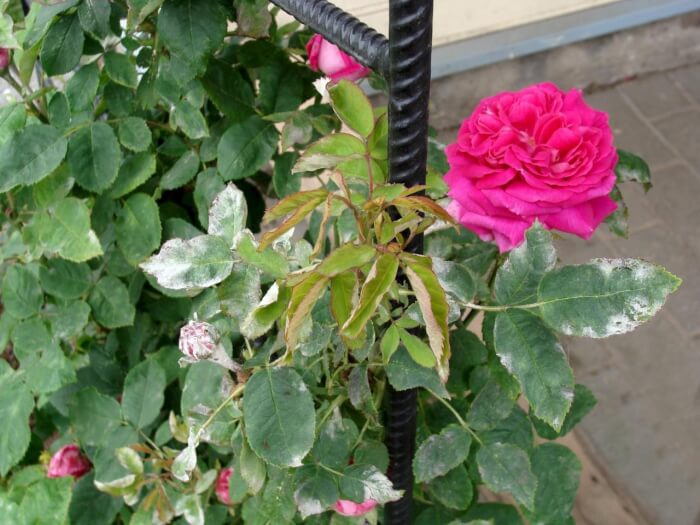
Roses can be prone to fungal infections and mosaic viruses, but milk powder can help protect them. Its natural compounds limit the spread of harmful bacteria and fungi.
Mix one part milk powder with four parts water, then spray the leaves thoroughly. Repeat once a week during damp or rainy seasons. You’ll enjoy healthier rose bushes with fewer issues.
#6 Clean Hands
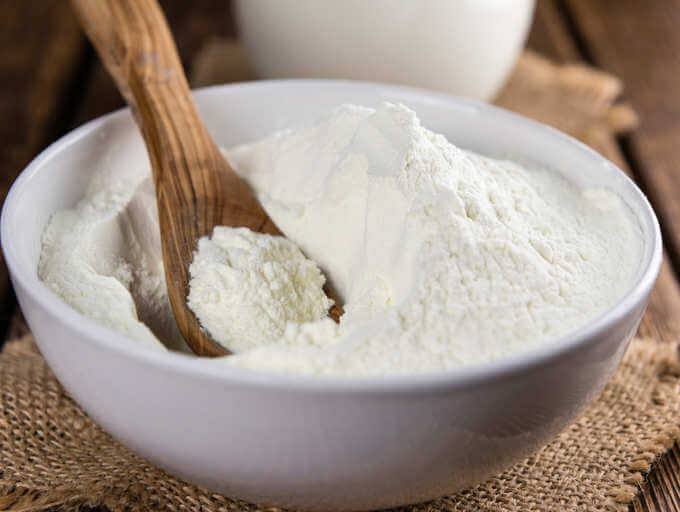
After digging in the soil, your hands can feel dry and rough. A simple scrub with milk powder and oatmeal works wonders. The lactic acid in milk helps loosen dirt, while oats leave your skin soft.
Just mix equal parts of both with a little water, rub gently, then rinse. It’s a quick and natural way to clean up after gardening.
#7 As A Fertilizer
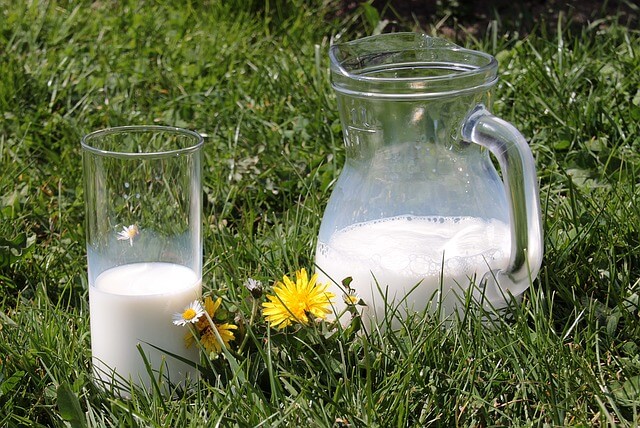
Using milk powder as fertilizer adds nitrogen, phosphorus, and potassium to the soil. These elements support strong roots, leafy growth, and healthy blooms.
To make a liquid feed, mix one part milk powder with two parts water. Pour it at the base of your plants once a month. This is especially helpful for vegetables that need steady nutrition.
#8 Help Tomato Grow Healthier And Bigger
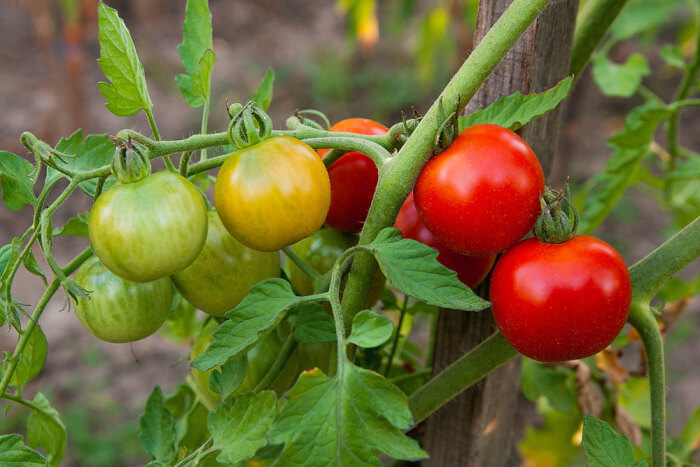
Tomatoes often suffer from blossom end rot, a problem caused by calcium deficiency. Milk powder provides an easy fix and helps your plants produce larger, healthier fruits.
Mix one part milk powder with two parts water and pour it at the base of each tomato plant. Repeat every three to four weeks, or more often if needed. Soon, you’ll enjoy a bigger and tastier harvest.
